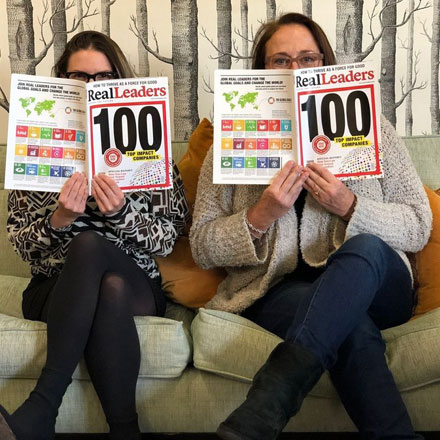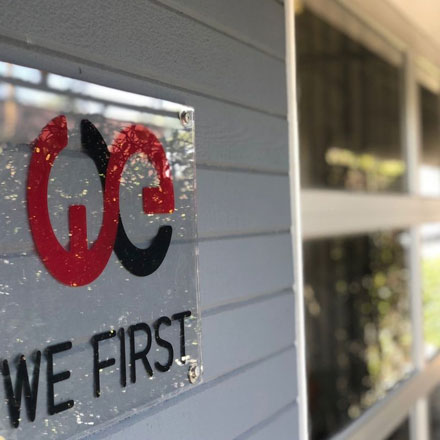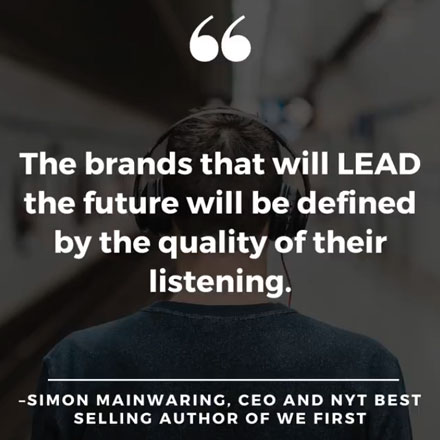Blog
2015 Cone Communications/Ebiquity Global CSR Study: Consumers Making CSR Personal
Cone Communications’ annual global CSR study in conjunction with Ebiquity has arrived, and it reveals significant evolutions as consumers fully embrace corporate social responsibility as a new way of life and subsequently adopt universally high expectations for companies to also take responsibility for creating positive change. A range of findings emerged from the study to serve as guide posts for companies seeking to engage, or advance their current engagement, in global citizenship. Key findings are explored:
Global consumers expect companies to act responsibility – and will reward or punish accordingly.
With today’s consumers perceiving companies as having a responsibility to social and environmental change – 9 in 10 expect companies to do more than make a profit – brands that communicate their efforts clearly and consistently have the opportunity to win out. It is in this integrated communication effort that will not only invite consumers into your brand’s CSR story, but provide the authentic story and support these types of communications require. Not doing so can be dire – 40% of global consumers are as likely to reward (ex. purchase products) a company for operating responsibly as punish (ex. boycott, speak out against) it for wrongdoing. Marks and Spencer’s Plan A is an enduring example of integrated sustainability communications through all lines of business that is simple, engaging and transparent for consumers.
The study also indicates the many ways to communicate your sustainability commitments across different channels and media which will resonate with consumers’ growing global consciousness:
Beyond companies, consumers want more socially or environmentally responsible products.
As the study reveals, consumers now recognize their role to play and impact to make on social and environmental impact, from the products they buy, places they work, and sacrifices they’re willing to make. When in the shopping aisle, consumers across all markets seek out responsible products India (95%), China (94%) and Brazil (93%). At a global level, 9-in-10 consumers would like to see more purposeful products and services offered. There is a massive opportunity here, with 81% of global consumers cite a lack of availability of such products/services as the largest barrier to purchase.
Leading brands of tomorrow are those that view sustainability through a lens of innovation. Companies such as Kite Patch, Greenlight Planet and Eneza Education are leveraging technology as a means of creating innovative solutions to key challenges facing emerging markets from combating malaria and providing energy to those living off the grid, to opening access to education in the most rural communities in Africa.
Purpose drives customer acquisition and loyalty.
Beyond preference, consumers are making tangible decisions in favor of purposeful companies that stand to tangibly impact their bottoms lines. The study found that 90% of global consumers are likely to switch brands to one associated with a good cause, given comparable price and quality.
Further, 71% of consumers are willing to pay more for a socially and environmentally responsible product, and 80% are willing to buy a product from an unknown brand if it has strong social and environmental commitments. With the cohort of tech start-ups we saw in decade’s last, we will now witness a wave of socially and environmentally minded entrepreneurs operating from a place of authentic purpose that are out to solve our world’s most pressing issues. It is here that major, household named brands must recognize an urgent need to evolve or risk a generation of consumer churn.
Purpose builds consumer loyalty and trust.
As outlined in Edelman’s 2015 Trust Barometer Report, trust today is paramount to all brands seeking meaningful consumer relationships. The study indicates that, in relation to purposeful-oriented brands, global consumers have a more positive image (93%), are more likely to trust (90%), and are more loyal to (88%) such companies with social and environmental commitments. This loyalty can also translate to the workplace, with 79% of global consumers seeking employment with CSR-driven companies.
Cater to your market.
The study provides nine country snapshots which add much-needed relevancy and specificity when it comes to tactically applies the results to your key markets and demos. This is not only critical from a standard brand strategy but becomes ever more significant in understanding where your consumer or audience is on the sustainability continuum and journey, both in terms of their personal beliefs, understanding and values. The Japan country snap shot is below, for reference.
he question today for brands has moved away from how to address sustainability towards how to innovate in sustainability. How is your brand evolving to appeal to consumers’ desire for elevated purposeful products and services?
Don’t forget to follow We First on Facebook, Twitter & Google+





